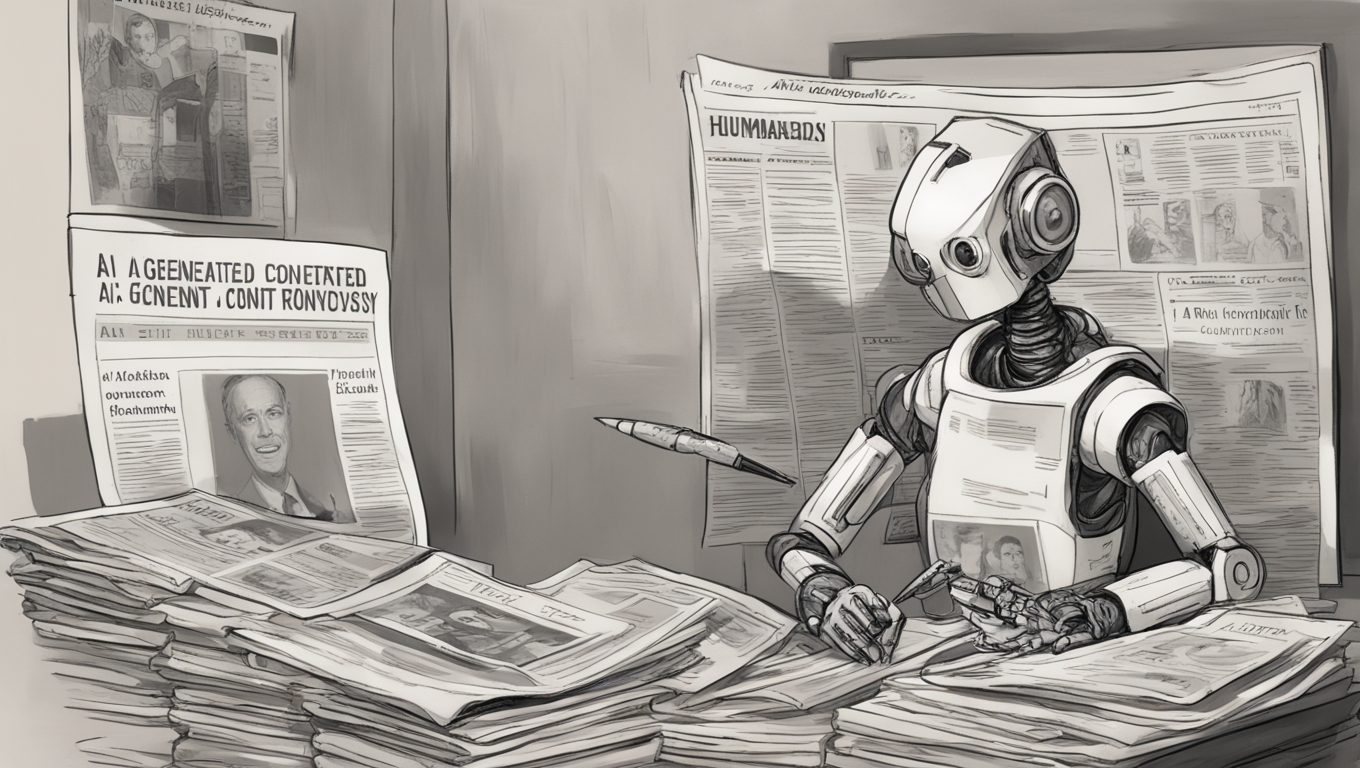Journalists at USA Today have raised concerns about the use of artificial intelligence (AI) in generating content for the parent company Gannett’s product review site. Mysterious bylines of unknown writers began appearing on articles published by Reviewed, the USA Today-owned shopping recommendation site. These articles contained suspiciously similar content and prose, leading the union representing USA Today journalists to describe them as “robotic.” When the NewsGuild of New York investigated the identity of these writers, they found that they may not even be real, as they had no profiles on LinkedIn and their stories turned up no results in Google searches.
The suspicion of AI-generated content was further fueled by the fact that emails sent to the mystery authors bounced back with messages indicating that the inboxes did not exist. Additionally, the union discovered that the articles promoted products that were not reviewed by staffers, including health supplements. The union accused Gannett of using AI as a tactic to threaten reporters and undermine their bargaining power.
Gannett, however, denied the use of AI-generated content for Reviewed. A spokesperson for Reviewed stated that the content in question was created by third-party freelancers hired by a marketing agency partner, not AI. Gannett also faced accusations from the union regarding the improper promotion of articles as sponsored content on Google, without accurate affiliate disclaimers and failing to meet editorial standards. Reviewed has since published updates to rectify these issues.
This incident comes amidst a backdrop of publishers facing criticism for using AI to generate stories filled with errors. G/O Media, Axel Springer, and BuzzFeed have all faced backlash for implementing AI in their content creation processes. The concern raised by journalists at USA Today reflects broader unease within the industry about the potential for AI to replace human journalists. Mathias Döpfner, CEO of Axel Springer, has previously predicted that AI could eventually replace journalists.
This news emerges at a time when Gannett is already facing challenges. Since merging with GateHouse Media four years ago, Gannett has laid off more than half of its workforce and shut down several local newspapers. The company’s stock price has also plummeted from a record high of $25 per share in 2015 to around $2.30 per share as of Friday.
While Gannett denies using AI-generated content, the suspicion and concerns raised by journalists and the union indicate a need for transparency and accountability in the use of AI in content creation. As technology continues to advance, it is important for media organizations to strike a balance between efficiency and maintaining the journalistic integrity and quality that readers expect.





Use the share button below if you liked it.